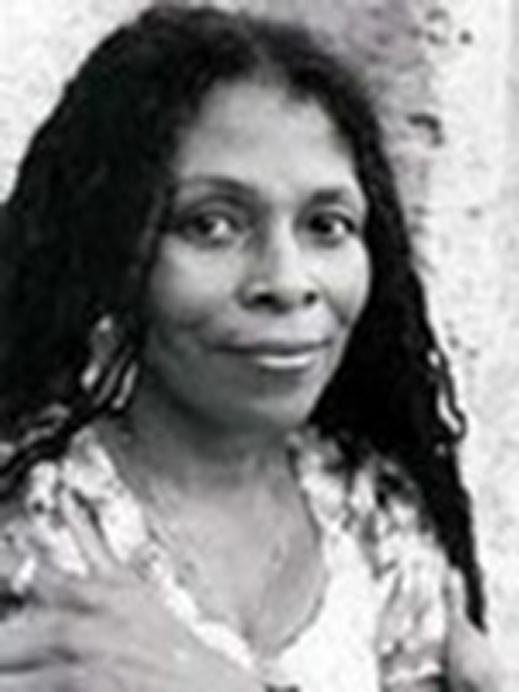Crime is Slate’s crime blog. Like us on Facebook, and follow us on Twitter @slatecrime.
The Federal Bureau of Investigation announced today that it has named Joanne Chesimard to its “Most Wanted Terrorists” list, with a $2 million reward being offered for her capture. Chesimard has the dubious distinction of being the first woman on the list, which has existed since 2001 and featured such notorious names as Khalid Sheikh Mohammed, Osama bin Laden, Ayman al-Zawahiri, and Adam Gadahn. Chesimard, who was a member of a group called the Black Liberation Army, was named to the list 40 years to the day after she allegedly shot and killed a state trooper on the New Jersey Turnpike. “Joanne Chesimard is a domestic terrorist who murdered a law enforcement officer execution-style,” FBI Special Agent Aaron Ford said in a press release. “Today, on the anniversary of Trooper Werner Foerster’s death, we want the public to know that we will not rest until this fugitive is brought to justice.”
The now 60-something Chesimard, also known as Assata Shakur, was eventually arrested and convicted of Foerster’s murder; she also became something of a cause célèbre amidst doubts of her guilt—she denies killing the trooper—and rumors that she had been mistreated in prison. (She still is, to an extent: In 2000, the rapper Common released a song he wrote about Chesimard, called “A Song for Assata.” This made Bill O’Reilly very angry.) In 1979, Chesimard escaped from prison. Since 1984, authorities believe, she has been hiding out in Cuba, which has a habit of granting asylum to American fugitives who espouse quasi-revolutionary dogma.
In 2005, she was named a “domestic terrorist” by the FBI. That’s a vague and flexible designation, one that was presumably applied here because Chesimard’s crimes were rooted in anti-government ideology. At that time, a $1 million reward was offered for her capture. Now, that reward has doubled.
But what’s the point? If Chesimard is indeed in Cuba, then she’s out of the FBI’s reach. The Cuban government certainly won’t give her up. Maybe a regime change in Cuba would make that more plausible, but a lot of people have lost their bankrolls betting on the prospect of regime change in Cuba. Also, if the FBI was really interested in alerting the public to watch out for Chesimard, they would probably want to make it very clear that she now goes by the name Assata Shakur. Instead, the FBI calls her “Joanne Chesimard” throughout its press release, and only notes at the very bottom that she no longer goes by that name.
What today’s Chesimard announcement shows is that the FBI’s Most Wanted Lists are public relations tools just as much as they are criminal-catching tools. They serve as symbolic reminders that some crimes are too horrific to be lost to history, no matter how long ago they were committed. Law enforcement agents especially don’t like to forget about people who were convicted of murdering cops, then escape from prison and have songs written about them. As the FBI’s Newark Branch put it in a press release of its own, “Justice has no expiration date, and our resolve to capture Joanne Chesimard does not diminish with the passage of time. Instead, it grows ever stronger with the knowledge that this killer continues to live free.”
I doubt the FBI expects that putting Chesimard on the Most Wanted Terrorists list is going to help them catch her. This is in all likelihood a symbolic gesture, something that will please the New Jersey State Police, reassure Werner Foerster’s family, and let the world know that if you’re convicted of killing a cop, the feds won’t rest until you’re brought to justice. Somehow.
